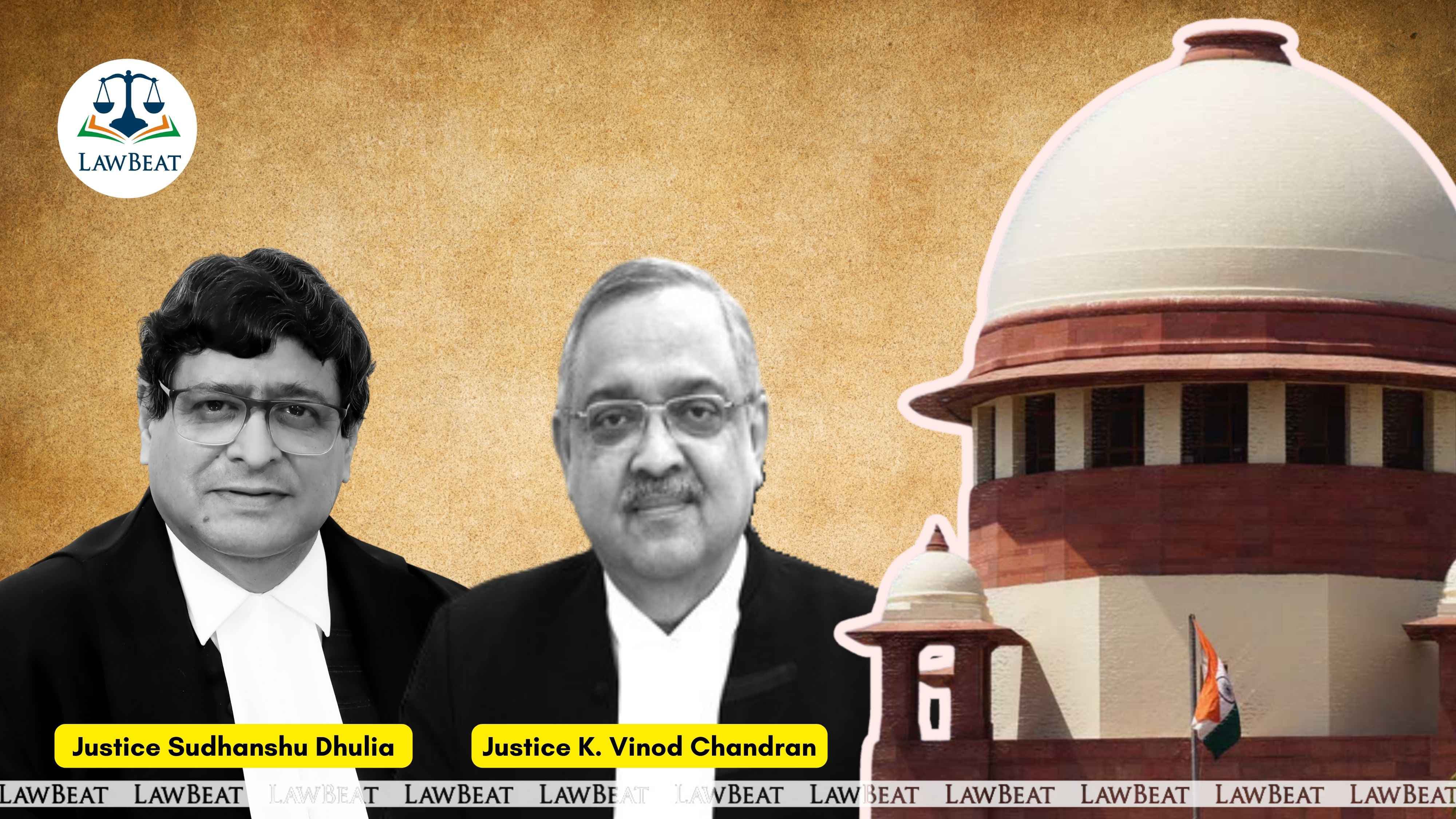Not For The Courts To Extend The Period Of Limitation On Misplaced Sympathies: Supreme Court

The court allowed the appeal and set aside the judgment of the Single Judge, finding the appeal filed to be grossly delayed and hence not maintainable.
The Supreme Court recently observed that it is not for the courts to extend the period of limitation on misplaced sympathies while allowing an appeal filed by an insurance company against Kerala High Court judgment which enhanced compensation in a road accident case preferred by a woman after 10 years of Motor Accident Claims Tribunal (MACT) Award.
A bench of Justices Sudhanshu Dhulia and K Vinod Chandran pointed out that Section 6, Limitation Act, 1963 enables a person where he is disabled by reason of minority, insanity or idiocy, to institute a suit or make an application for the execution of a "decree" within the period of limitation provided.
"The provision applies only with respect to a suit or an application for the execution of a decree and not in an appeal or any other proceeding. Here, we must notice the definition clause, Section 2(l) which though does not define a suit but provides that ‘a suit does not include an appeal or an application’. An appeal, an application and a suit are hence dealt with differently insofar as the Limitation Act is concerned, as evidenced from Section 3 also," the bench said.
The court pointed out the exemption by reason of a disability applies to the institution of an original proceeding or an application for execution of a final decree, which will not apply in the case of an appeal.
"The intention of the legislature being very clear, it is not for the courts to extend the period of limitation on misplaced sympathies. Even Section 5 has no application in the facts of the case, insofar as the long delay occasioned, especially when in the original proceedings, the children were represented by the father, the natural guardian," the bench added.
The court allowed the appeal and set aside the judgment of the Single Judge, finding the appeal filed to be grossly delayed and hence not maintainable.
"Appeal is a continuation of the original proceeding and if, as is the case here, when the original proceeding was instituted at the time of minority, why should there be a subsequent disability inferred, when the natural guardian, the father, who instituted the appeal was alive and did not suffer from any disability himself, even when the appeal period stood expired. The above observation of ours may not be taken as Section 6 being applicable to appeals, which the legislature did not intend", the bench further observed.
As per facts of the matter, on June 02, 2000 at 3.00 P.M., the deceased was riding pillion on a motorcycle being driven by one V G Shibu. He applied sudden brake to save a cyclist and the deceased fell and was injured. Ultimately, she succumbed to her injuries on June 07, 2000 at the Medical College Hospital. It was alleged that the accident was due to the rash and negligent driving by the bike driver.
The husband and two minor children preferred a claim petition under Section 166 of the Motor Vehicles Act, 1988 and the Motor Accidents Claims Tribunal awarded compensation of Rs 6,53,000 to them.
Against the award of November 23, 2006, after 10 years, in 2016, the children alone preferred an appeal before the High Court, which enhanced the compensation from Rs 6,53,000 to Rs 14,95,000 and further directed the appellant-Insurance Company to pay interest at the rate of 7% p.a. interest.
The insurance company contended the respondents/claimants have filed the appeal after 10 years of the award and further after about 8 years (2877 days) from the date of attaining majority.
